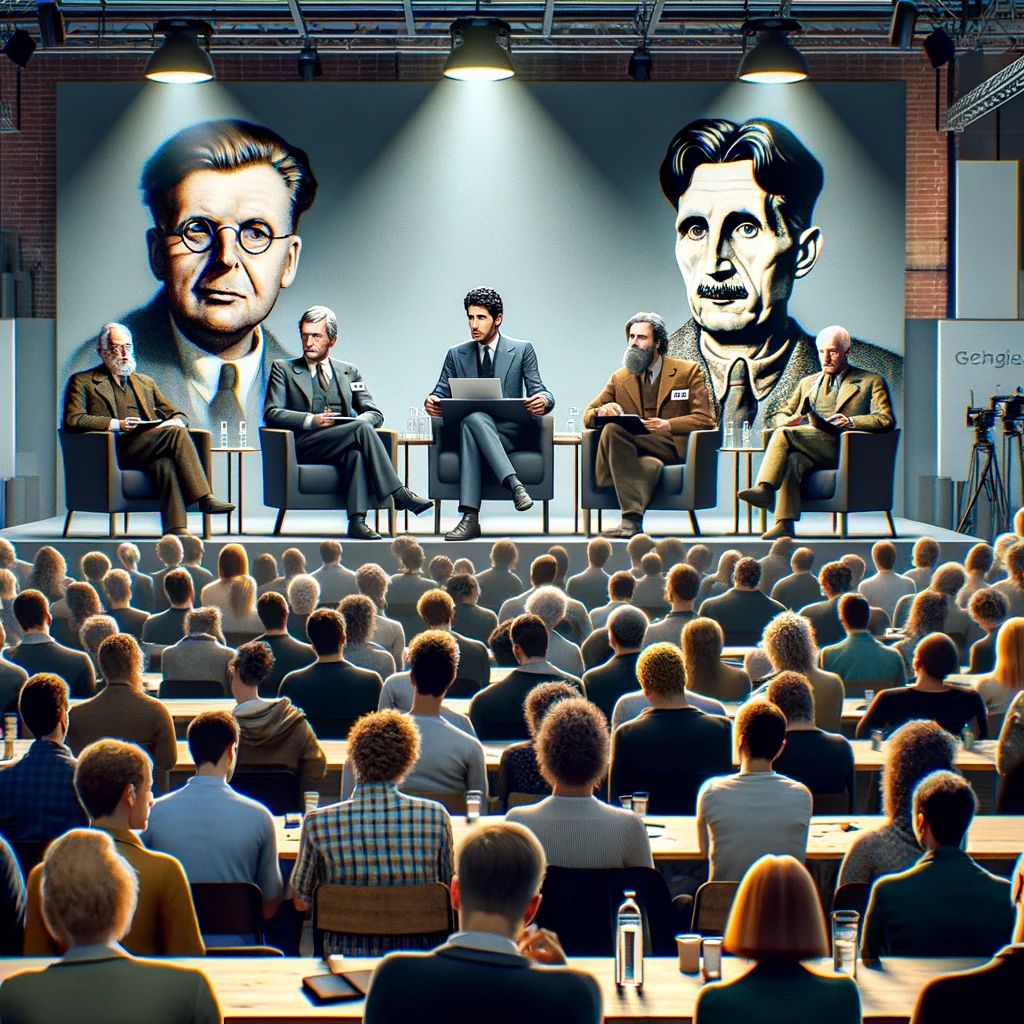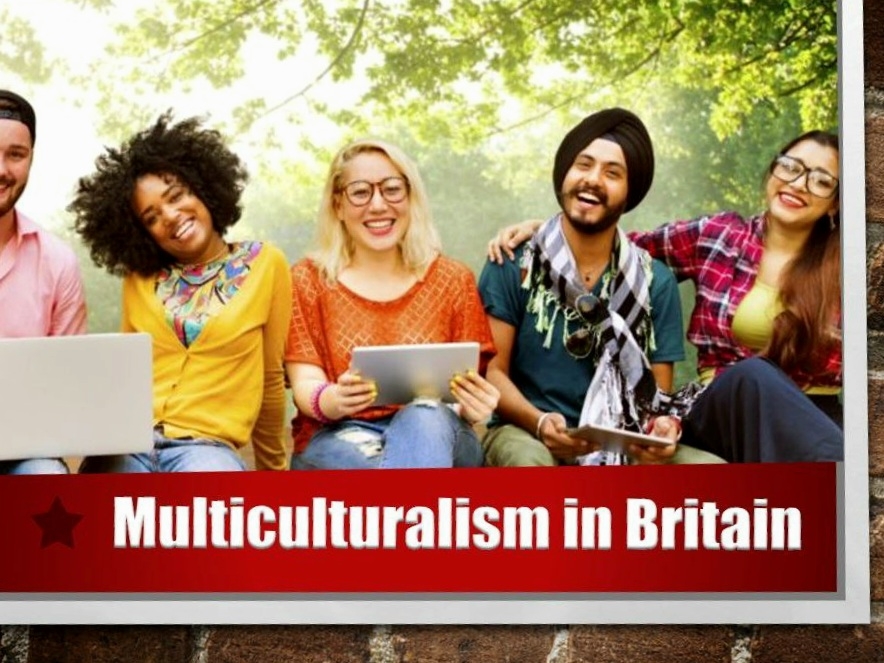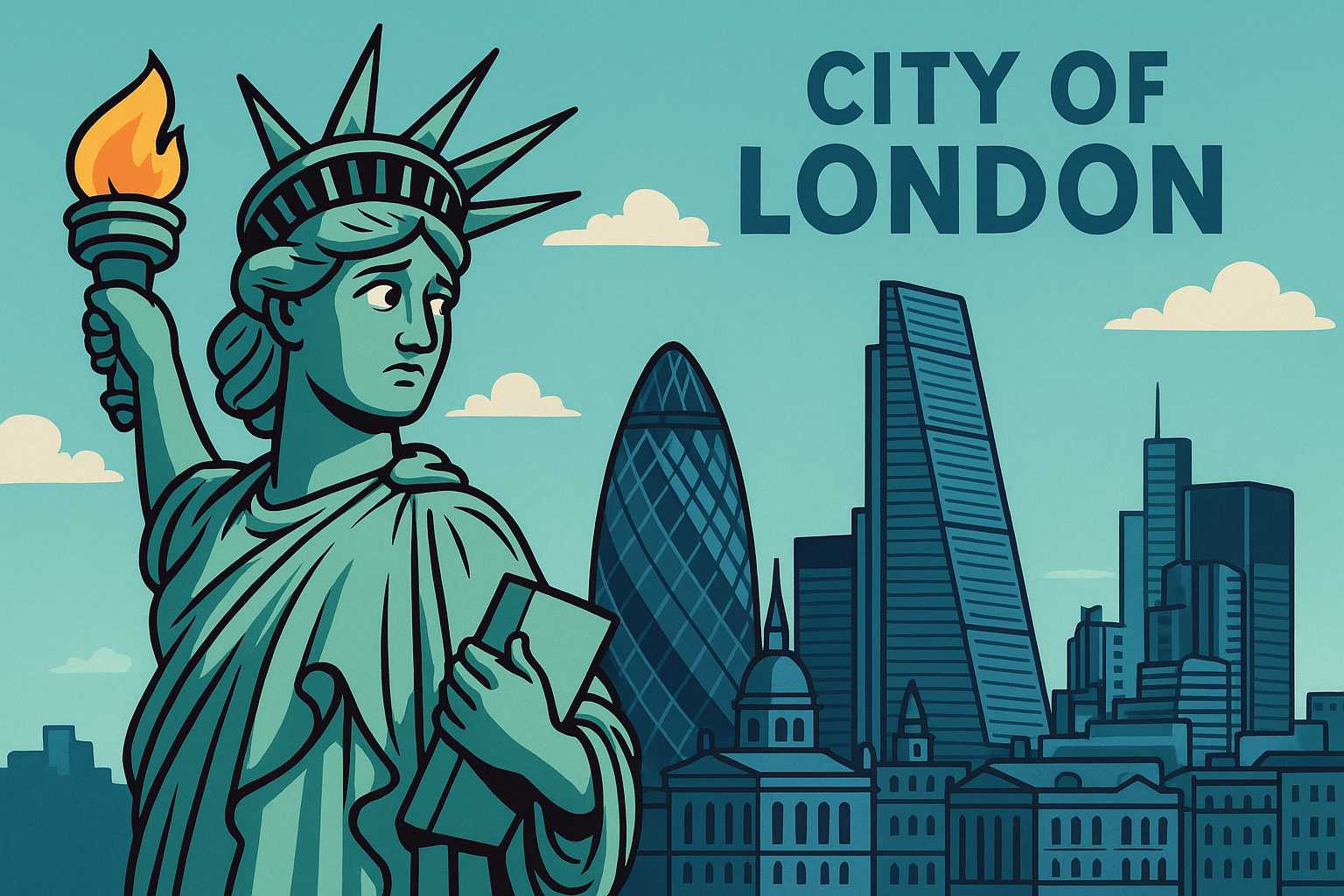
30 March 2024
https://foreignpolicy.com/2024/03/29/brazil-france-lula-macron-amazon-global-south/FRAMEWORK ANSWERConsider an answer in the light of the contributions of France's philosophers on liberty, equality and fraternity to forms of government and Constitutions across the world. This would be the pomp and ceremony and ego-puffing setting. Then consider the reality of France's contributions, in terms of its policies towards the third...












